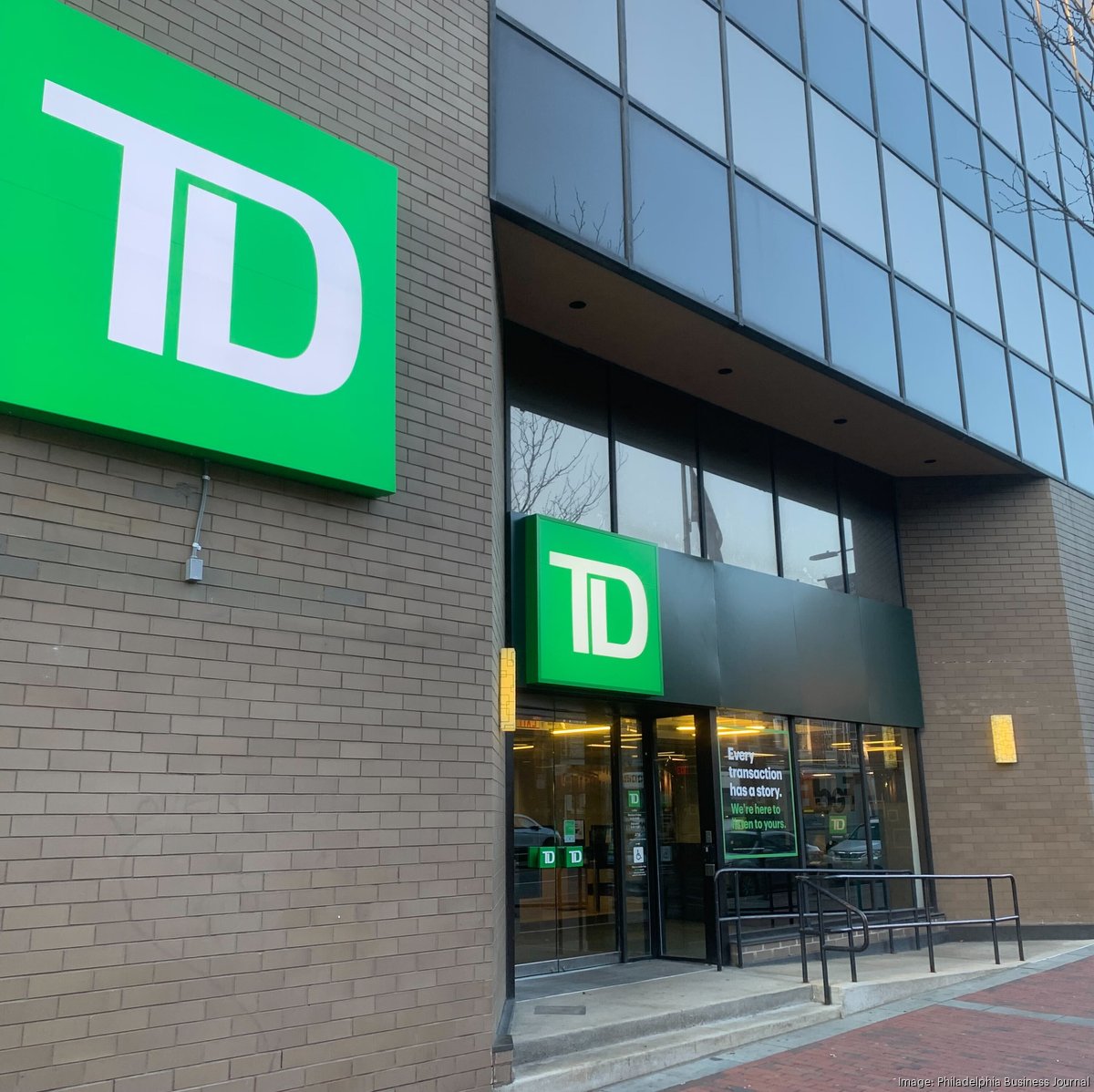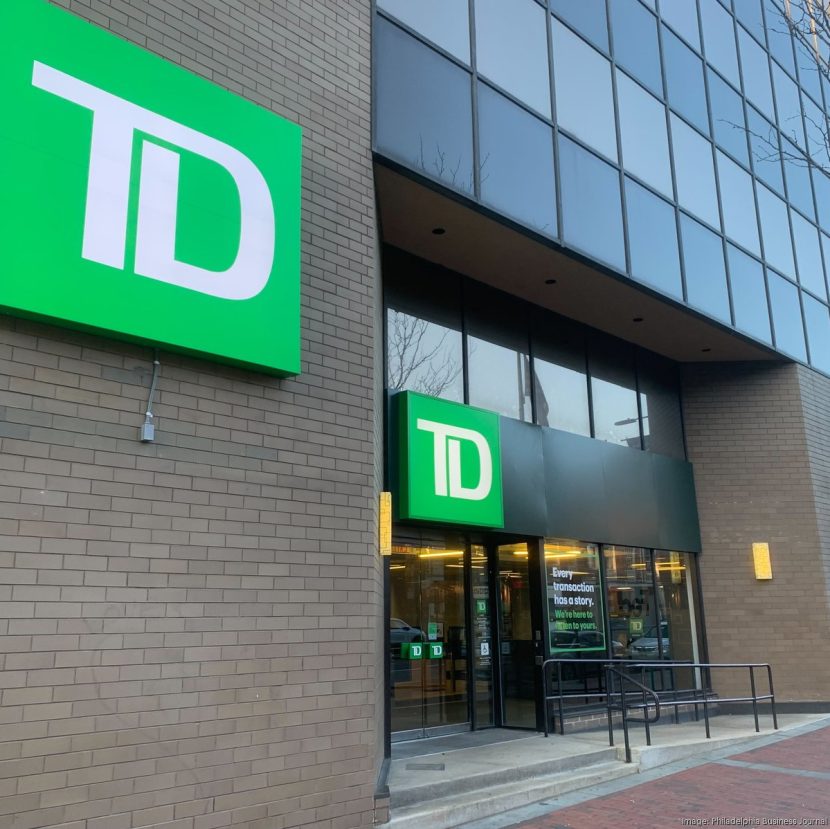Open this photo in gallery: TD Bank has acknowledged that its ‘plea agreements led to one TD entity being barred from acting as an investment adviser or underwriter to registered investment companies in the United States.’Sammy Kogan/The Globe and Mail John Turley-Ewart is a consultant focused on regulatory compliance and a historian of Canadian banking. […]

TD Bank has acknowledged that its ‘plea agreements led to one TD entity being barred from acting as an investment adviser or underwriter to registered investment companies in the United States.’Sammy Kogan/The Globe and Mail
John Turley-Ewart is a consultant focused on regulatory compliance and a historian of Canadian banking.
The next significant development in the Toronto-Dominion Bank’s U.S. anti-money laundering (AML) situation occurred with the announcement of its fourth quarter results for 2024 on Thursday. The news sent shockwaves through the market, resulting in a 7 percent decline in TD’s share price.
In October, TD TD-T took steps to protect its U.S. bank charter, reaching agreements with the U.S. Department of Justice and U.S. banking regulators to pay a fine of US$3 billion and plead guilty to conspiracy to commit money laundering. The bank’s extensive history of AML issues was detailed in a nearly 100-page U.S. Financial Crimes Enforcement Network consent order.
Bharat Masrani, TD’s CEO, attempted to frame the situation positively, stating, “A significant advancement this quarter was the resolution of our U.S. AML matters, providing important clarity to our stakeholders.” However, the clarity he referred to did not offer much comfort to those stakeholders.
The challenges TD is facing have been clearly laid out for everyone to observe. It is indeed a concerning picture.
The fourth-quarter earnings report from the bank is filled with indications of the hurdles it must overcome. For example, TD is now required to navigate new regulatory requirements to maintain aspects of its U.S. business unrelated to AML.
TD Bank concedes that its “plea agreements resulted in one TD entity being disqualified from serving as an investment adviser or underwriter to registered investment companies in the United States” and another entity was also barred from offering asset management services to certain U.S. employee benefit plans. The bank is pursuing exemptions for both entities, which could be contested if TD does not address its AML deficiencies.
TD Bank is under regulatory scrutiny. It faces a five-year U.S. probationary period that will determine whether it can resume being a growth-oriented North American bank or if it will have to settle for being a mere shadow of what generations of TD bankers aspired for it to be. To succeed in the annual assessments aimed at measuring its progress, TD must transform its internal operations.
And there are no assurances that it will prevail.
The strategy TD has devised involves revamping its U.S. AML leadership, enhancing internal oversight and accountability, implementing improved standards for assessing financial crime risk, better managing cash-heavy clientele, and leveraging new data and technology to more effectively monitor transactions.
The obstacles to achieving success are numerous, including, TD notes, “the Bank’s capacity to attract and retain essential staff, the ability of third parties to fulfill their contractual obligations, and the successful creation and implementation of necessary technological solutions.”
Some of these risks are already manifesting. Tucked away in TD’s fourth-quarter earnings report is the acknowledgment that the bank is “exceeding internal risk benchmarks, resulting in increased escalation and monitoring activities within the Bank, particularly regarding the Bank’s remediation efforts.”
This is compliance terminology suggesting that certain U.S. AML remedial measures at TD may be in jeopardy, a concern that, if unaddressed, will incur significant consequences. During the probationary period, U.S. regulators have the authority to mandate a 7 percent reduction in TD Bank’s U.S. operations for each year its efforts are deemed insufficient.
TD’s fourth-quarter data reflects the toll that the bank is bearing due to its U.S. AML failures.
Not only did the bank fall short of its fourth-quarter earnings expectations primarily due to its U.S. AML ineffectiveness, but TD’s leadership is “suspending” previously announced medium-term financial objectives, indicating that last year, its executives did not anticipate the extent to which the U.S. AML challenges would impact the bank’s future earning potential.
For TD, 2025 is expected to be “a transition year,” according to its management team. Indeed, it will be unlike any other year in the bank’s long and previously unblemished history.














